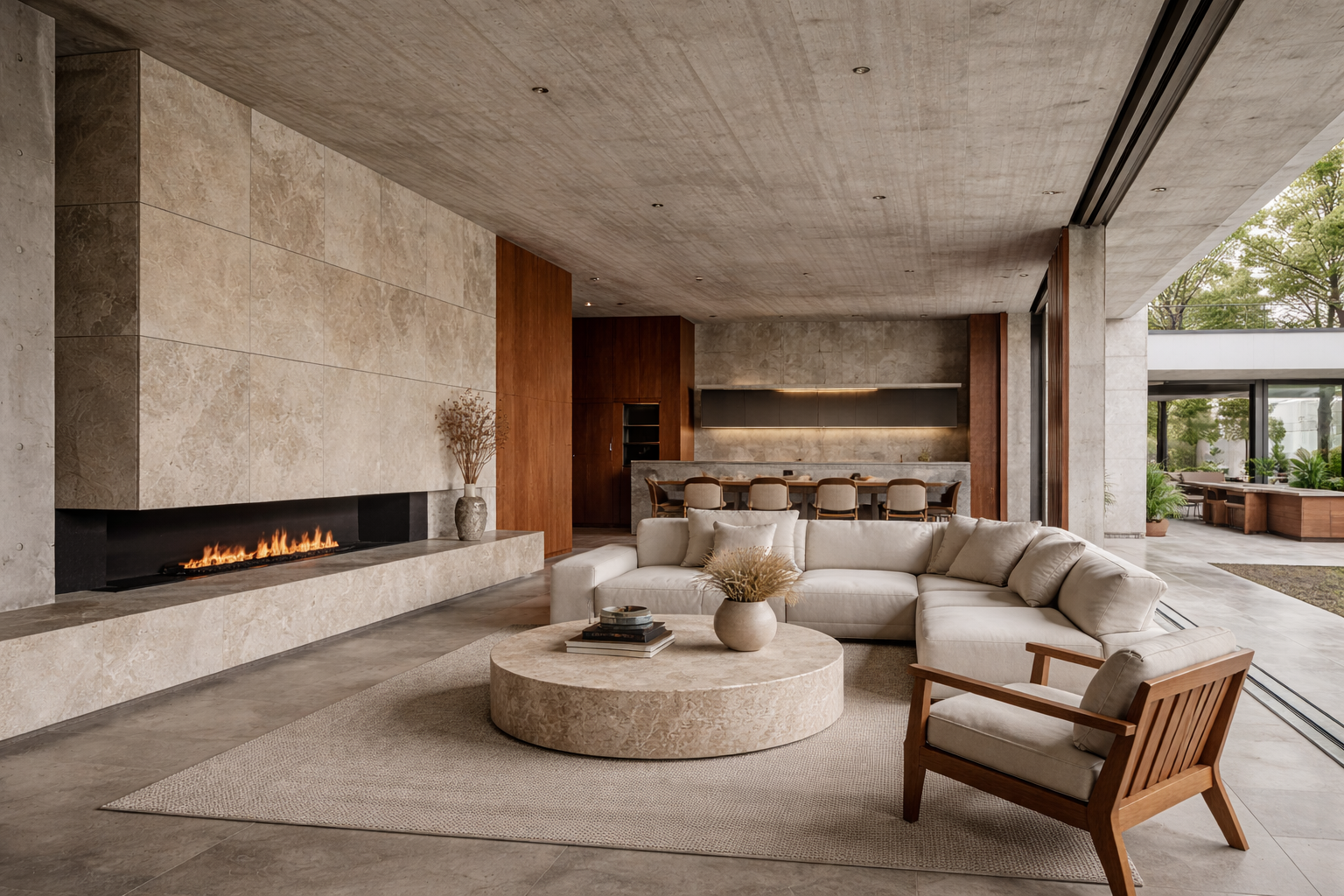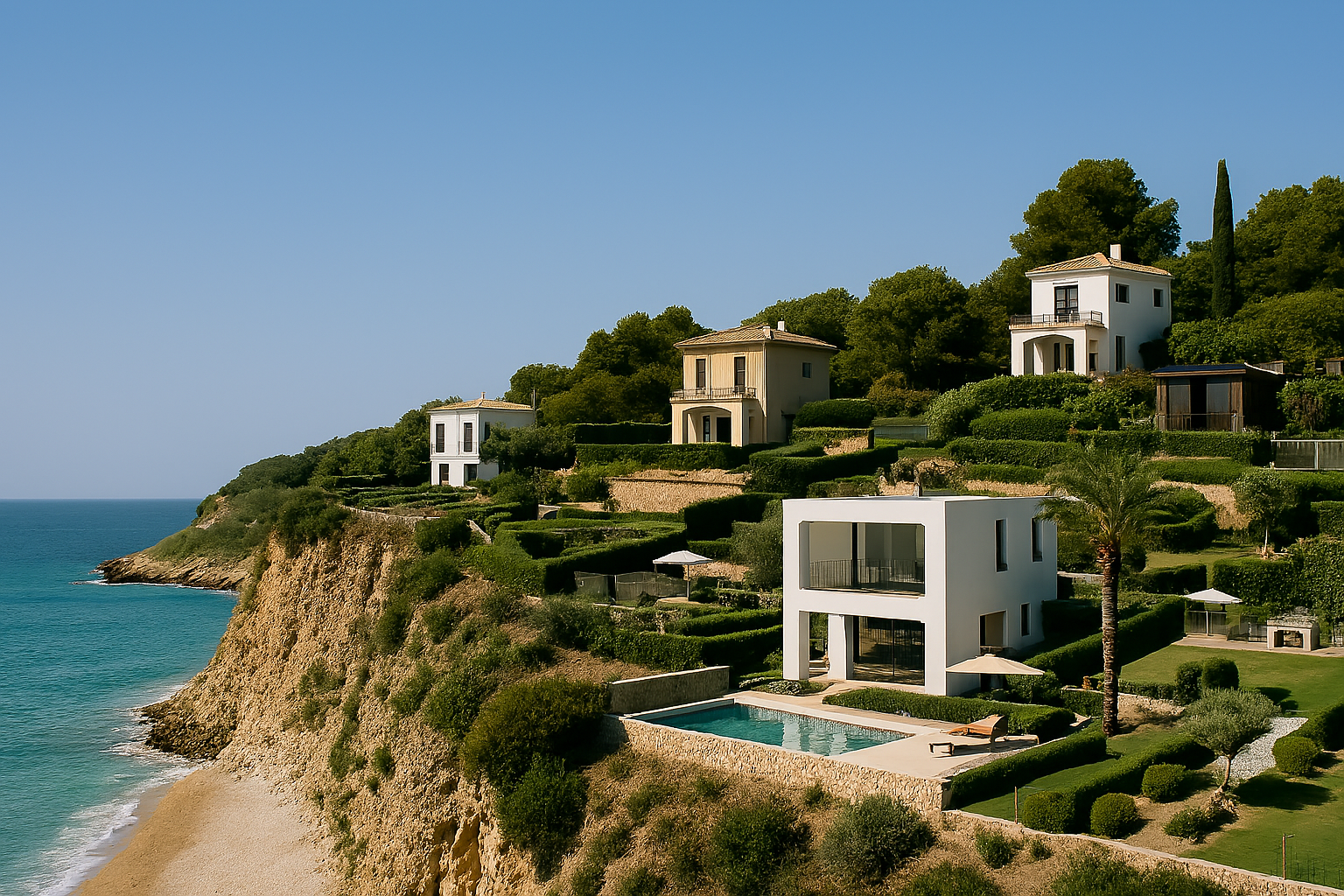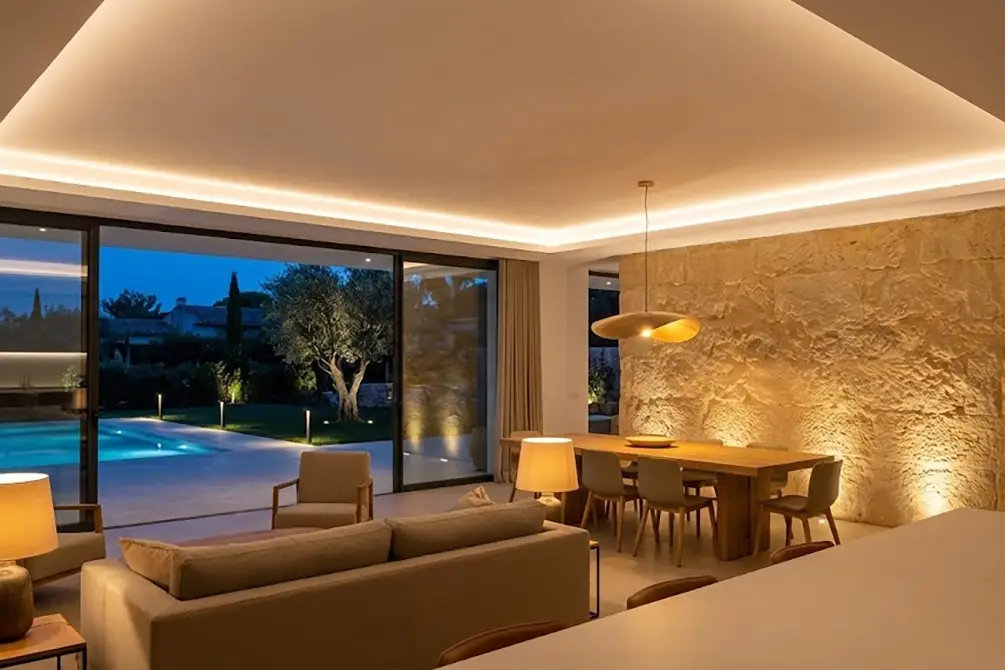Purchase and Renovation of Second-Hand Home on the Costa Blanca is an attractive option for investors and those looking for a secondary residence. This article will address key aspects such as the evaluation of the property’s condition, obtaining construction permits, and optimizing energy efficiency. With the advice of an architect and the professional approach of La Quinta Fachada, this operation can become an exciting and profitable opportunity.
Purchase of Second-Hand Homes in the Costa Blanca
The Costa Blanca has become an attractive destination for those wishing to buy a second-hand home. This interest has increased recently due to the postponed operations during the pandemic and low-interest rates. This section will analyze the surge in transactions due to the pandemic, the analysis of the market price, and the importance of consulting with a technical assessor.
Surge in Transactions Due to the Pandemic
The health crisis has led to a notable increase in the buying and selling of second-hand homes on the Costa Blanca. Many operations that had been postponed due to uncertainty have been reactivated, leading to a greater supply in the real estate market. This situation provides an opportunity for those looking to invest in a property in this area.
Market Price Analysis
When acquiring a second-hand home, it is essential to conduct a thorough analysis of the market price. Comparing the prices of similar properties in the area and evaluating the characteristics of the property will determine if the price is fair and if it meets the buyer’s expectations. In this regard, consulting with a technical assessor is essential to obtain an accurate valuation of the property.
Advice from a Technical Assessor
Having the advice of a technical assessor during the purchase process of a second-hand home is highly recommended. A qualified professional will be able to carry out a detailed valuation of the property, taking into account aspects such as its state of conservation, the materials used in its construction, and any other factor that may influence its value. This way, an informed decision can be made, ensuring that the investment matches the market price.
Evaluation of the Property’s Condition
The Importance of Seeking Advice from an Architect
The process of evaluating the condition of a second-hand home is crucial to ensure a safe and profitable purchase. In this sense, consulting with an architect is vital. This professional has the necessary technical knowledge to conduct a thorough evaluation of the property, identify potential structural problems, verify the legality of previous modifications, and assess its state of conservation. The architect can also offer recommendations on the possibilities of renovation and expansion according to the client’s needs and the Costa Blanca environment.
Detailed Evaluation in Older Buildings
In the case of collective housing buildings older than 50 years, a detailed evaluation is especially important. These buildings usually require a Building Evaluation Report (IEE) to assess their state of conservation. The architect, an expert in this type of property, will perform a thorough inspection, analyzing elements such as the structure, facade, installations, and other relevant aspects. The detailed evaluation allows identifying potential deficiencies and determining if a comprehensive renovation is required, thus ensuring the safety and habitability of the building.
Considerations for Obtaining the Building Evaluation Report (IEE)
The Building Evaluation Report (IEE) is a necessary document to obtain a complete view of the condition of an old property. To obtain this report, a thorough technical inspection is required, where aspects such as structural conditions, installations, energy efficiency, and general conservation status will be evaluated. Having an architect specialized in preparing this report is essential, as it ensures that all legal and technical considerations are properly met. The IEE will provide a clear vision of the property’s conditions and will be a useful document for future decisions on renovation and rehabilitation.
Renovation of the Second-Hand Home
Renovating a second-hand home is a crucial stage to optimize the investment and adapt it to the owner’s needs. Below, we will address three fundamental aspects that must be considered in this process: the property’s needs and investment optimization, the planimetric survey of the property, and obtaining a major construction permit.
Property Needs and Investment Optimization
It is essential to evaluate the specific needs of the home before starting any renovation project. To do this, a thorough inspection and analysis of the property are recommended, identifying aspects such as space distribution, the condition of installations, and potential structural problems.
Once the needs are identified, investment optimization should be sought, prioritizing those renovations that add more value and functionality to the home. This may include renewing electrical and plumbing systems, improving common spaces, or updating finishes and materials.
Planimetric Survey of the Property
Before beginning the renovation, it is essential to carry out a planimetric survey of the property. This process involves obtaining a detailed graphic representation of the distribution of spaces, dimensions, and architectural features of the home.
The planimetric survey will provide an accurate plan of the home, which will facilitate the design and planning stage of the renovation. Additionally, it will serve as a basis for decision-making and communication with the professionals involved in the work.
Obtaining a Major Construction Permit
Obtaining a major construction permit is a fundamental requirement for carrying out significant renovations in a second-hand home. This license ensures that the renovation complies with local regulations and is carried out safely and legally.
To obtain the major construction permit, it is necessary to have a complete project prepared by an architect. This project must include the plans for the renovation, technical specifications, and any other documents required to meet legal requirements.
Energy Efficiency of the Home
Influence on the Home’s Value
The energy efficiency of a home significantly impacts its market value. Homes with efficient energy systems are highly demanded due to their ability to reduce long-term energy costs. Including features such as proper thermal insulation, double-glazed windows, and efficient heating and cooling systems can increase the home’s value and make it more attractive to buyers.
Energy Efficiency Certificate
It is important to obtain an energy efficiency certificate for the home, as it provides objective information about its energy consumption. This certificate evaluates various aspects, such as insulation, orientation, and climate control systems, and assigns an energy rating ranging from A (most efficient) to G (least efficient). Having a favorable energy efficiency certificate can be a determining factor in attracting buyers and increasing the home’s value.
Energy Optimization in the Home
To maximize the home’s energy efficiency, it is essential to implement energy optimization measures. This includes installing LED lighting systems, using energy-efficient appliances, and incorporating renewable energies, such as solar energy. Additionally, proper thermal insulation in roofs and walls is recommended, as well as using bioclimatic design techniques that make the most of natural resources, such as sunlight and natural ventilation. By implementing these measures, a significant reduction in the home’s energy consumption can be achieved, which not only has a positive impact on the environment but can also lead to significant long-term energy cost savings.
Conclusions
The energy efficiency of a home is a key aspect to consider when buying and renovating a second-hand property on the Costa Blanca. In addition to influencing the home’s value, greater energy efficiency contributes to environmental care and can generate considerable savings in energy costs. It is essential to obtain the energy efficiency certificate and implement energy optimization measures to maximize the potential of the home and increase its attractiveness in the real estate market.
Investment Opportunities and Experiences on the Costa Blanca
Investment Perspective and Profitability
The Costa Blanca (Jávea, Denia, Benitachell) offers an attractive investment environment for those interested in purchasing and renovating second-hand homes. With the surge in real estate transactions and low-interest rates, there is a unique opportunity for high profitability. The demand for properties in this area continues to increase, both from investors and those wishing to have a vacation residence.
Client Needs and Adaptation to the Environment
Each client has their own needs and expectations when acquiring a second-hand home on the Costa Blanca. It is crucial to understand these needs and adapt the renovation and expansion of the property to meet them. The location and Mediterranean environment are key aspects to consider when designing and planning the renovation, offering the opportunity to create spaces that harmoniously integrate with the landscape and the characteristic lifestyle of the area.
Planning, Evaluation, and Professional Advice
Meticulous planning, detailed evaluation, and professional advice are fundamental to achieving a successful investment on the Costa Blanca. Having architects and experts in the field of renovation and expansion of second-hand homes ensures that the project is carried out safely, legally, and profitably. These professionals can help analyze the possibilities of renovation, evaluate costs and execution times, and ensure that all local and energy efficiency regulations are met.
Consult Our Architects
Our architects offer house and land review services. If you have doubts about your new real estate project, do not hesitate to contact us.
Error: Contact form not found.




